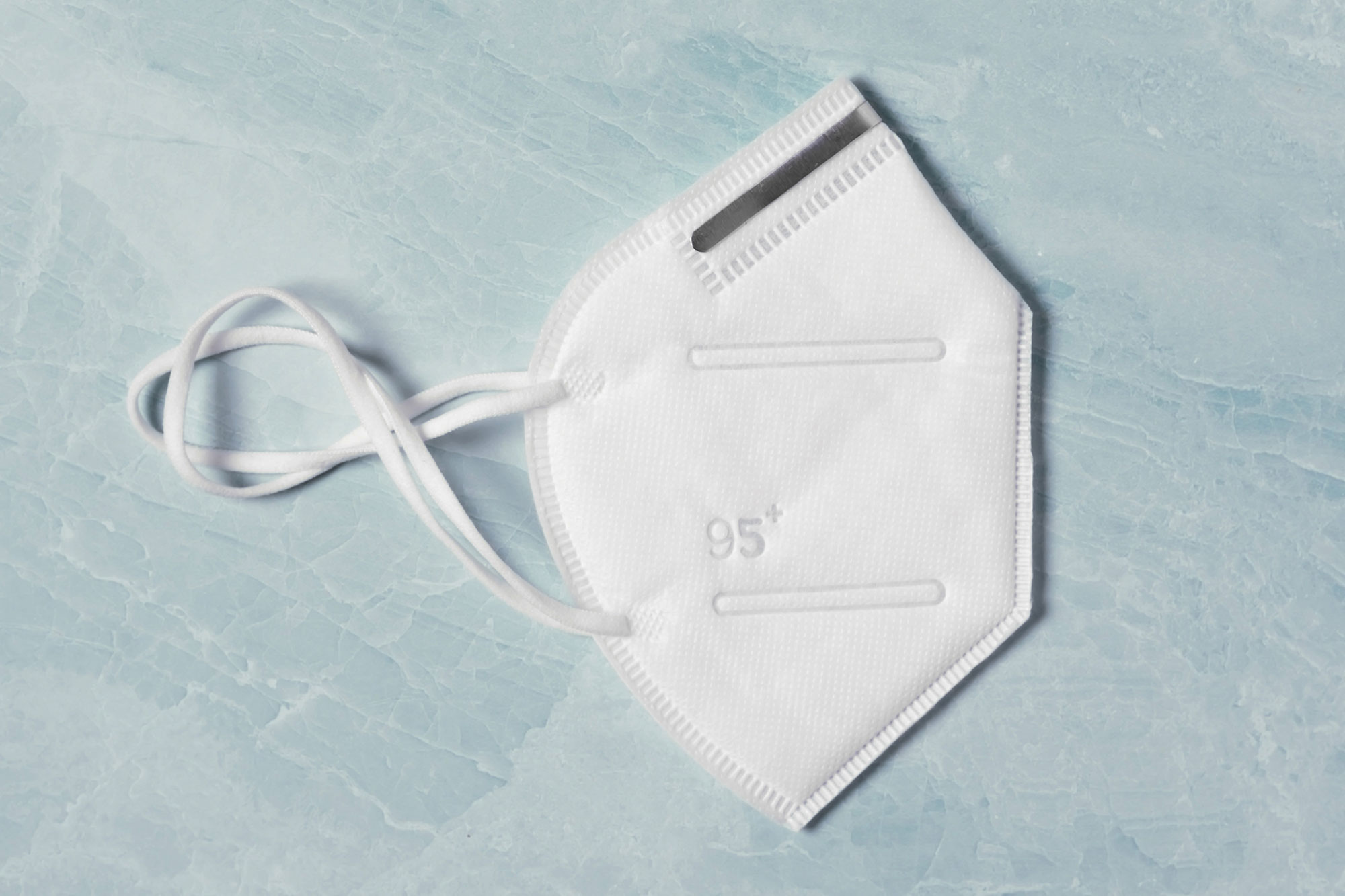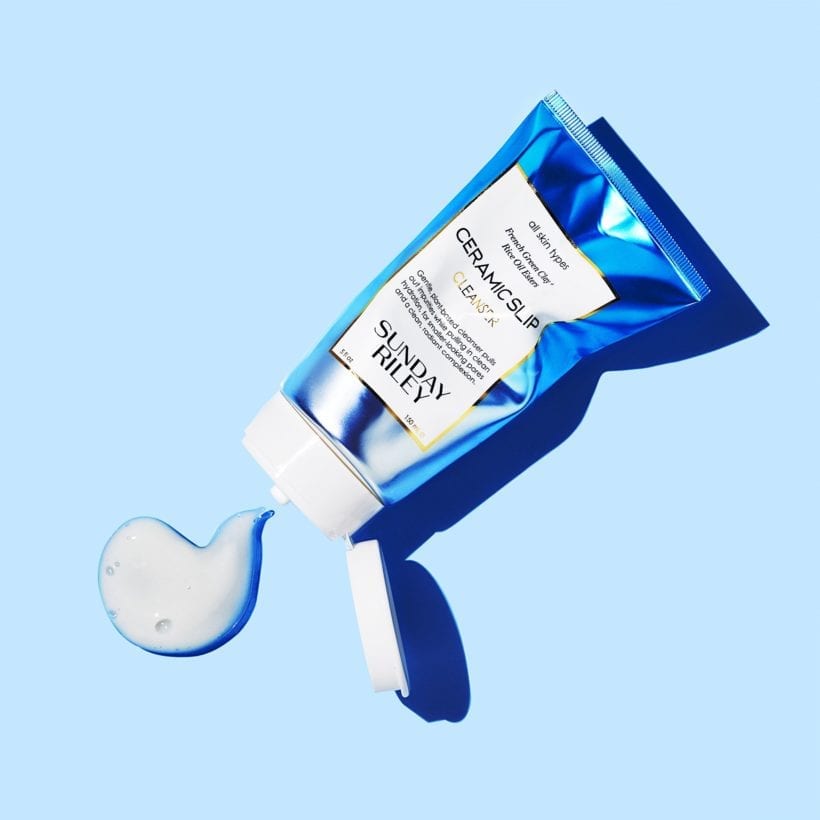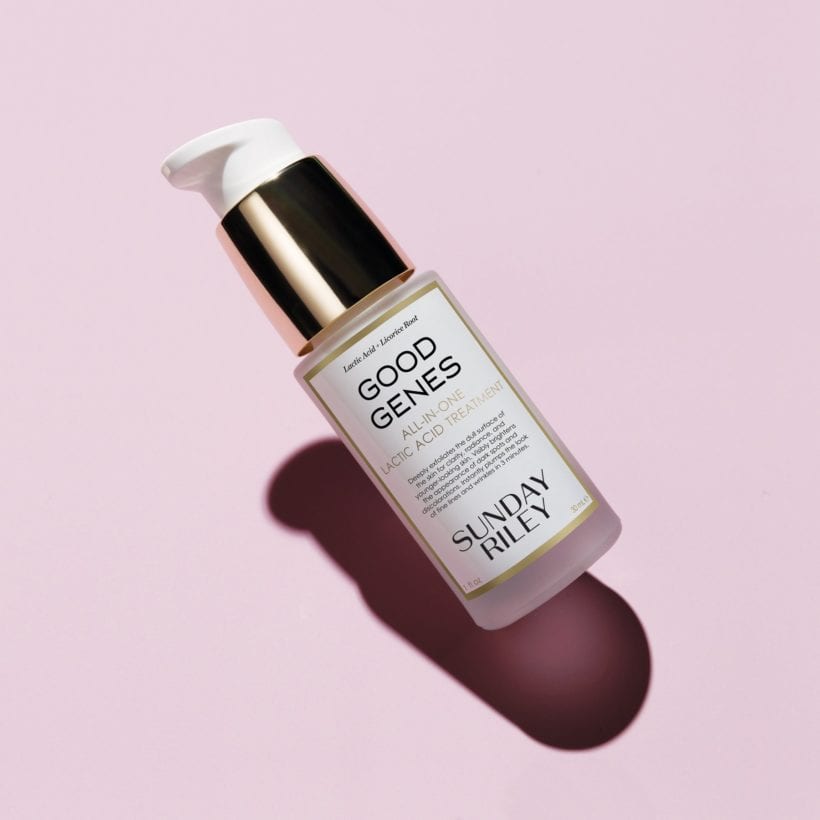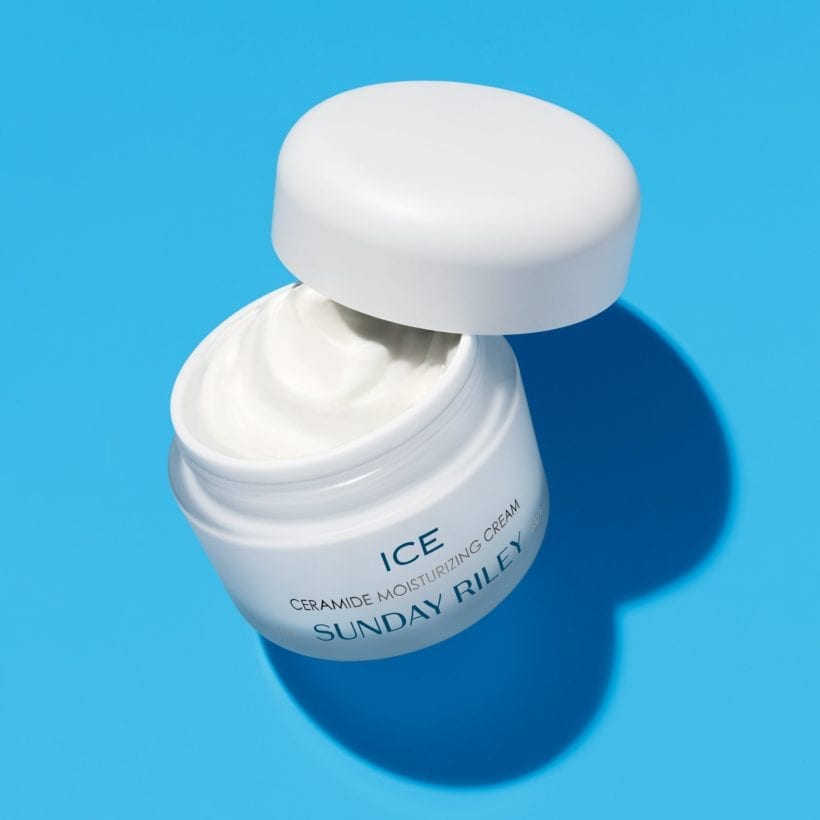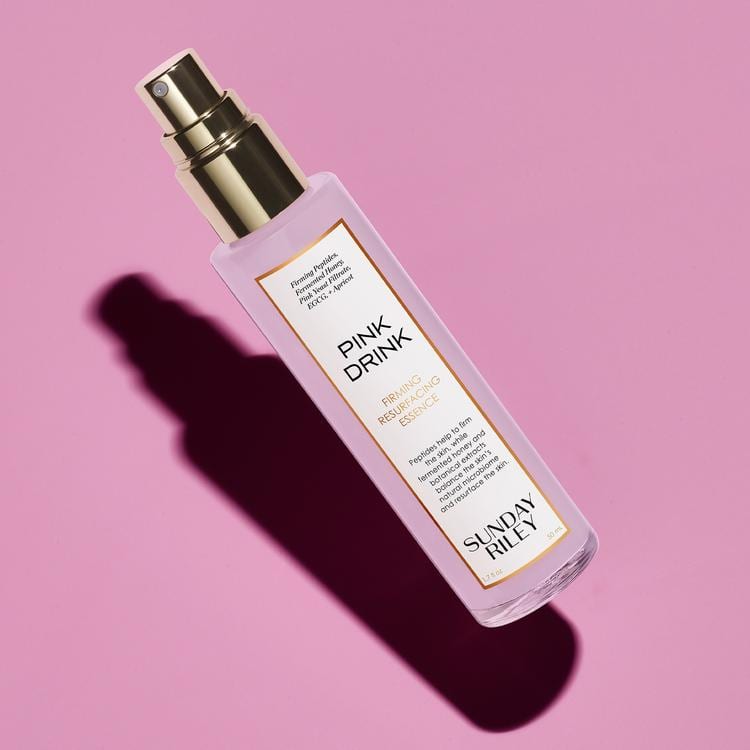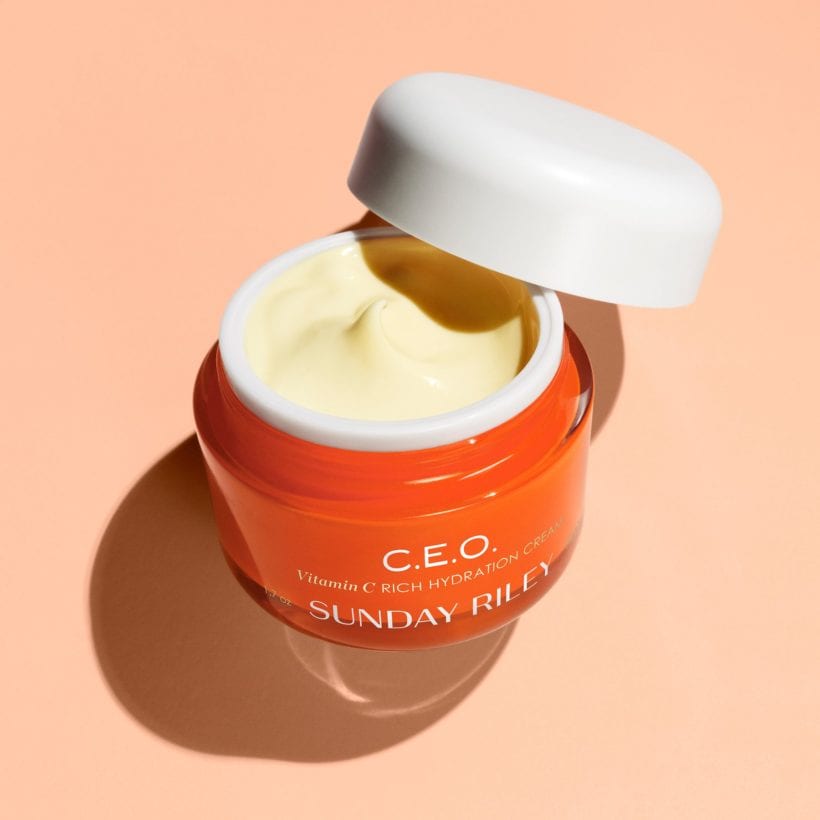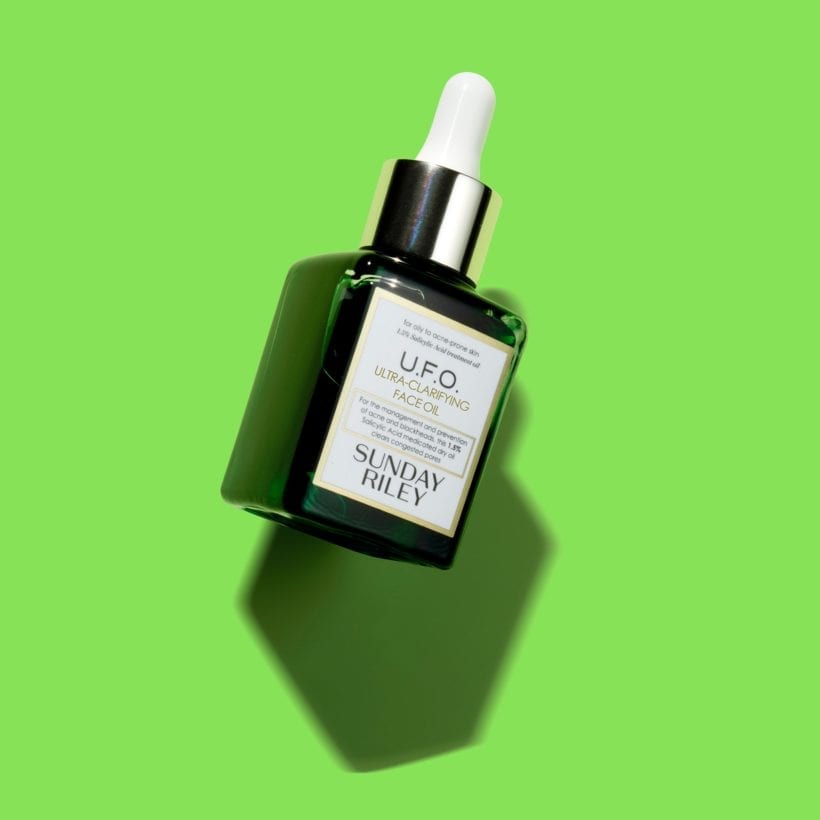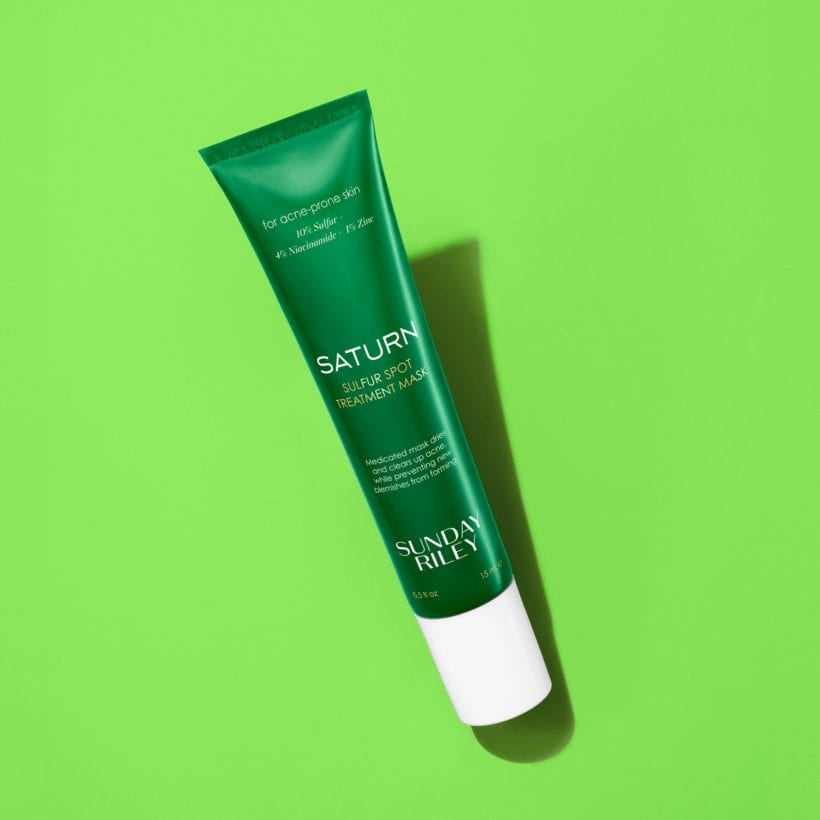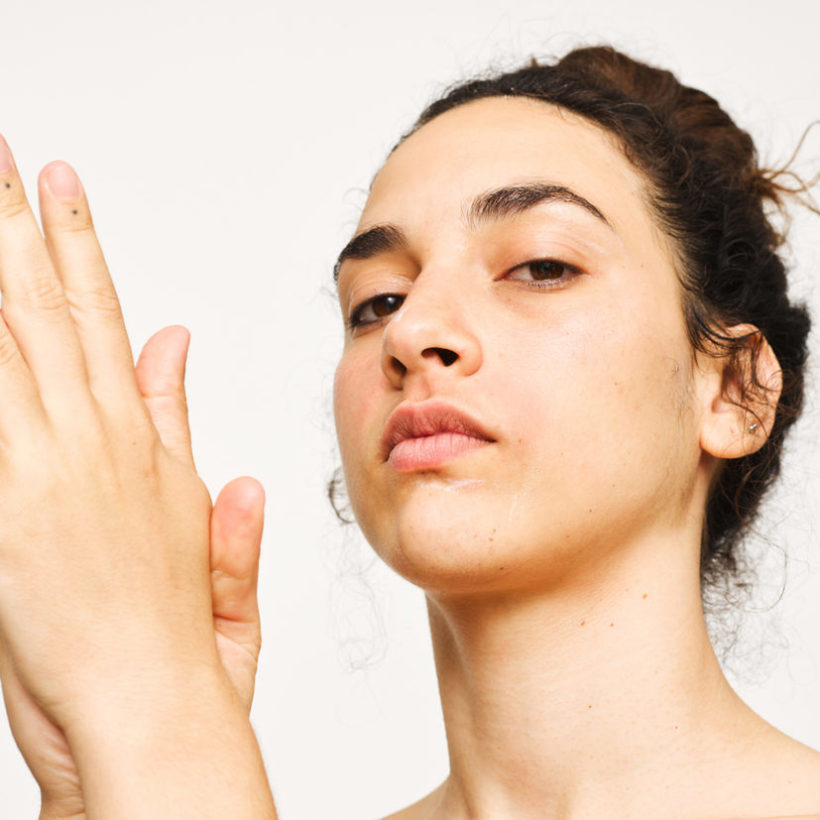At the beginning of the COVID-19 crisis, when getting your hands on a medical-grade surgical mask was roughly as easy as taking a bath in Purell, I ordered a bunch of homemade cloth masks on Etsy. As the primary caretaker for my elderly, immunocompromised mother (not to mention my two school-age children), I was very stressed out about getting COVID-19. I wore masks everywhere — climbing up and down the ten flights of stairs to my apartment (I was avoiding the elevator), hanging outside my window banging pots in appreciation of front-line workers every night at 7 p.m., standing six feet away from my fellow shoppers at the grocery store. I even wore them while jogging in Central Park. The masks got dirty quickly, but it was hard to keep up with the laundry while working full-time from my living room and overseeing my kids’ homeschooling. I laundered them maybe once a week. But no amount of Woolite could remove the grimy residue of my tinted chemical sunscreen from the interiors. Pretty soon, I had an extensive collection of these filthy homemade masks — I called them my “face diapers” — hanging from a makeshift rack of nails I’d hammered into the side of a cabinet in my kitchen. And you know what else I had? A chin teeming with angry, cystic acne.
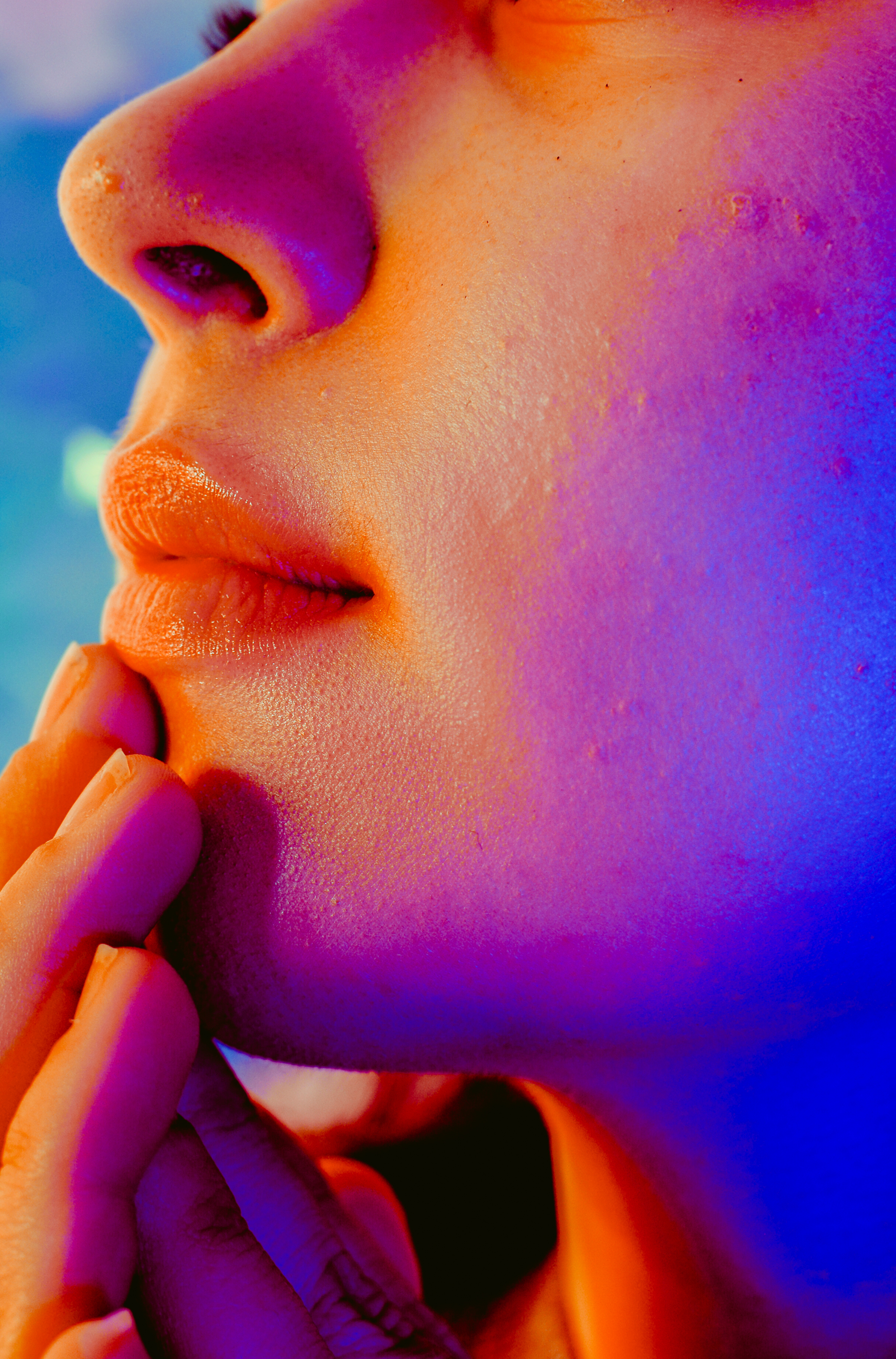
I was 48 years old at the time and hadn’t experienced this kind of breakout since I was in my early 20s. And apparently, I wasn’t the only middle-aged adult getting acne. Rates of adult acne soared during the pandemic, with 45% of those surveyed reporting their acne worsened, 27% reporting relapses, and 7% saying they were experiencing acne for the first time, according to a study published in the December 2021 issue of the Journal of Cosmetic Dermatology. “I definitely saw an increase in adult acne in my practice,” says Dr. Dhaval Bhanusali, a board-certified dermatologist in New York City. “Face masks are great, but they do trap in bacteria and moisture, and – particularly if you’re wearing makeup or sunscreen – skin tends to get clogged. The first thing I’d recommend – and this is an obvious one with maskne – is washing your masks regularly and replacing them routinely,” says Sunday Riley, CEO, founder and product formulator.
As I was scrubbing bags of Doritos in my bathtub and plastering my living room with Lysol, my oil glands were also going bonkers. “Stress leads to higher cortisol levels, which in turn increases sebum production. More sebum can result in clogged pores and more breakouts,” says Sunday. Stress can also cause hormonal fluctuations, triggering acne on the chin, lower cheeks, and jaw area. “The pandemic created the perfect storm for acne,” says Bhanusali, noting that rosacea also worsened during this time. “Masks rub against the skin, which can damage the skin barrier, making the skin red and inflamed.”
Fast forward four years, and it’s starting to look like COVID-19 might be here to stay. We’ve learned a lot of new things about maskne since the first year of the pandemic. So, how can you stay safe while keeping your skin clear? We asked the experts so you wouldn’t have to.
Meet the Experts
Sunday Riley , CEO, founder and product formulator
Dr. Dhaval Bhanusali is a board-certified dermatologist in New York City.
Keep Your Mask Clean
Though cloth masks have the appeal of cute patterns and prints, ultimately, what worked for me was giving up cloth masks entirely. And we have since learned from the CDC that cloth masks are the least effective in protecting against the virus. Instead, I purchase disposable masks in bulk from Amazon every couple of months and wear a fresh one every single day. Since making this change, my maskne has completely disappeared. If buying surgical masks seems cost prohibitive, then you need to be very disciplined about washing your cloth masks regularly. “In my experience, most of the people who came to see me were washing their masks maybe once a week,” says Bhanusali. “It needs to be done every day.” And don’t worry: you don’t need some fancy antibacterial spray — warm, soapy water will do the trick.
Commit to a Gentle Daily Cleansing Regimen
As soon as you come in from outside and take your mask off, wash your face with a mild, fragrance-free cleanser like Sunday Riley Ceramic Slip. This plant-based wash removes dirt and impurities with oil-absorbing green clay, bentonite, and white kaolin while softening skin with rice and olive oil esters — ingredients that help preserve the all important skin barrier.
‘Good skincare starts with a good cleanser. Cleansing for at least one minute is ideal but if you’re washing your face at all, I’m happy. Believe it or not, a lot of people come to us who actually don’t wash their face at all and that’s problematic. Not cleansing properly can cause so many skin issues including inflammation, sensitivity, redness, and collagen degradation,’ explains Sunday.
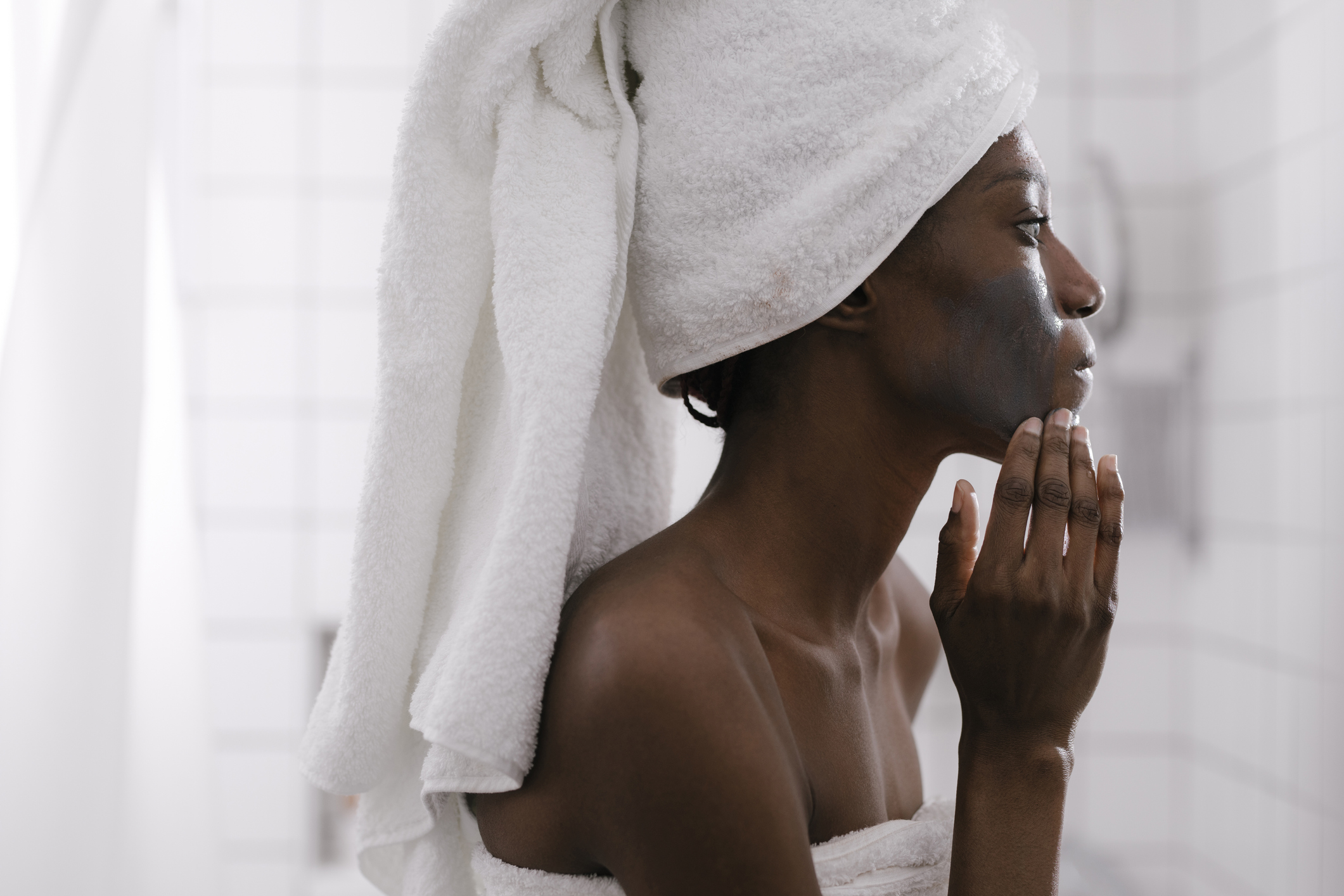
Exfoliate Skin Daily
‘Good Genes All-in-One Lactic Acid treatment is a game-changer for anyone trying to keep their skin smooth and clear. It’s all about daily maintenance — gently exfoliating to keep those pores from clogging up and fighting off P. Acne bacteria that love to cause trouble. It helps to clarify the skin, and remove dull dead surface cells plus all that debris that falls into the pores, which can lead to breakouts. Regular use of Good Genes means you’re not just cleaning the surface; you’re getting a deep cleanse that reveals fresher, younger-looking skin. So, if you’re looking to keep breakouts at bay and maintain that radiant glow, adding this to your daily routine might just be your skincare MVP,’ says Sunday.
In the evening, after gently patting skin dry, apply a potent retinoid like A+ High Dose Retinoid Serum. This formula combines a stabilized form of retinol with Coenzyme Q 10, a lipid-soluble antioxidant that helps scavenge free radicals, thus reducing inflammation (if you are new to retinoids, start by using this every other day and work up to daily use). Follow with a light but hydrating moisturizer such as ICE Ceramide Moisturizing Cream.
Protect and Hydrate in the A.M.
Use a moisturizer like C.E.O Vitamin C Rich Hydration Cream in the morning to take advantage of its free radical scavenging properties. The last step in your morning routine is your sunscreen. Retinoids can potentially make skin photosensitive, so it’s more important than ever that you protect skin from UV rays while treating acne.
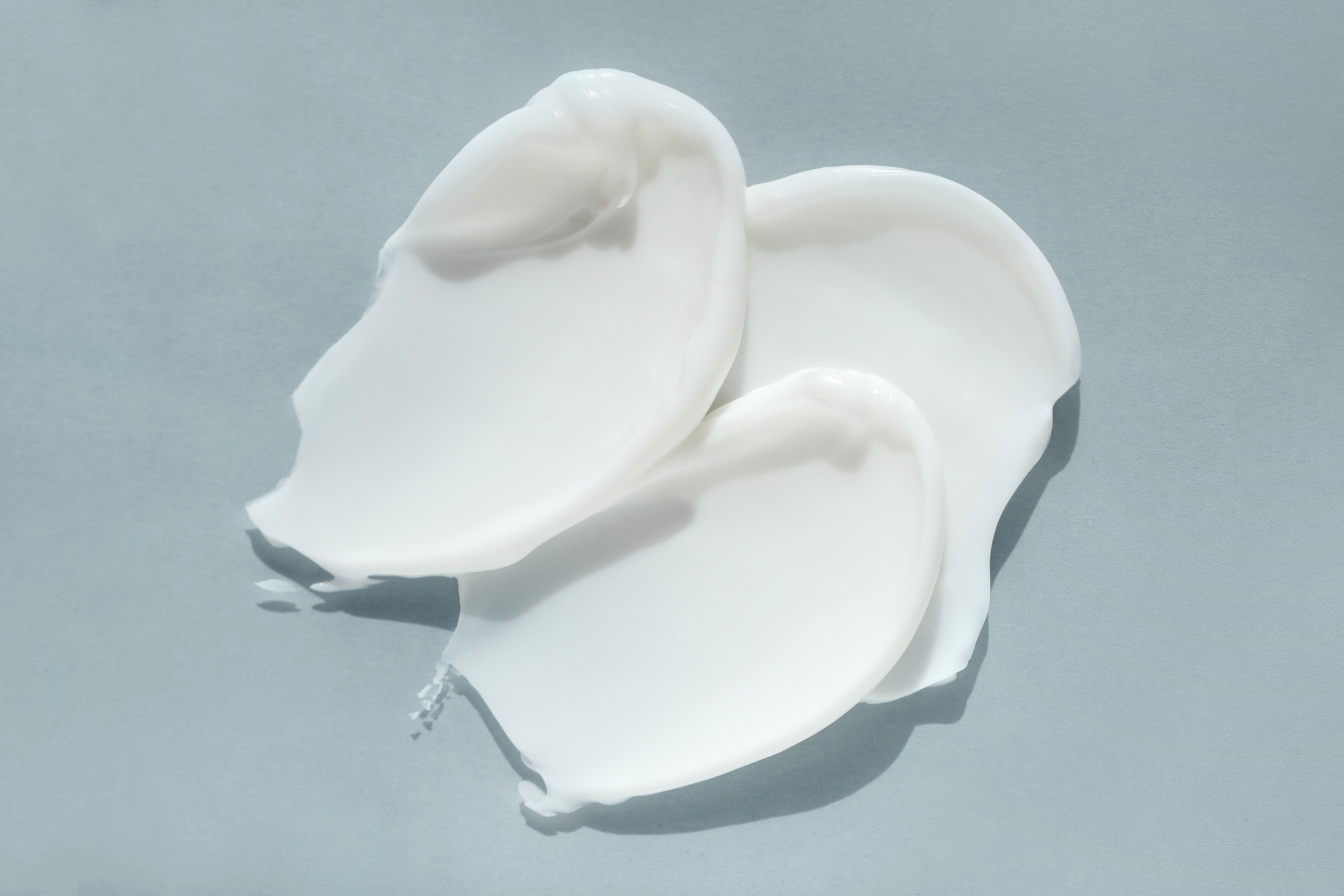
‘The other thing I’d highly recommend is Pink Drink essence, because it works on supporting the skin’s natural microbiome. We must remember that there’s all sorts of bad and good bacteria on our skin at all times, and we really want to support the good bacteria in whatever way we can. I spray it on throughout the day, even on top of makeup — it really supports the natural positive functioning of your skin,’ explains Sunday.
Choose the right formulas
‘Salicylic acid is one of my favorite ingredients for acne. Salicylic is oil-soluble, so it dissolves the oily build-up deep within the pore. It can be very drying as well, but that’s why I like U.F.O. Ulta-Clarifying Acne Treatment Face oil — because it’s salicylic acid but in an emollient base, so it’s not going to strip your skin and you can use it every single day,’ adds Sunday.
If you have really oily skin, Dr. Bhanusali also recommends using a mask formulated with clay or kaolin once a week (try Saturn Sulfur Spot Treatment Mask). ‘Leave on for 20 minutes and rinse off thoroughly with water. Sulfur absorbs and dries out excess sebum and clarifies the surface of skin. And Zinc PCA helps to balance oil while providing hydration,’ says Sunday.
…And No Popping Pimples!
Whatever you do: Avoid picking at acne, which will leave you with scars.
We only recommend products we have independently researched, tested, and loved. If you purchase a product found through our links, Sunday Edit may earn an affiliate commission.
